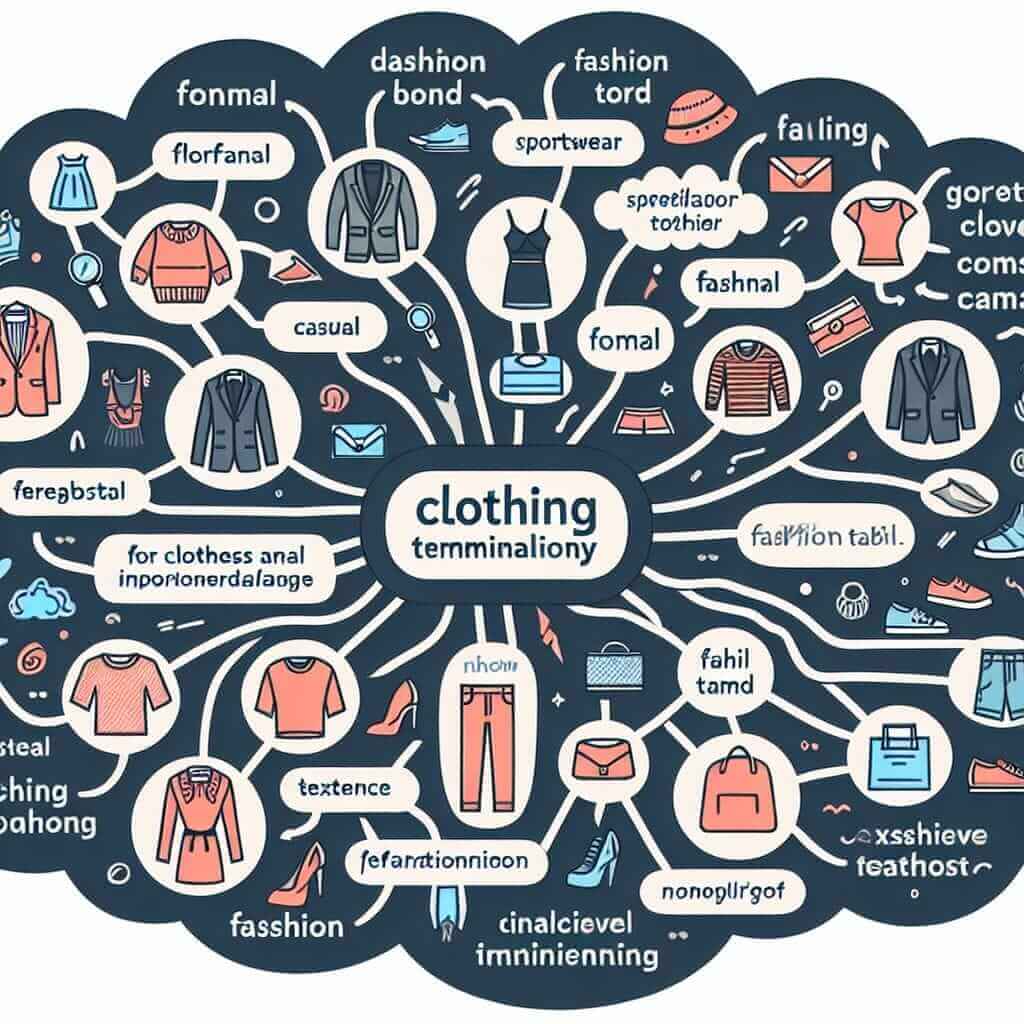As an IELTS instructor with over 20 years of experience, I often get asked about common topics that appear in the IELTS Speaking test. One such topic is clothes and fashion. While it might seem simple at first, many students struggle to express their opinions and experiences effectively. This comprehensive guide will delve into why “how important are clothes and fashion to you” is a popular IELTS topic and equip you with the necessary vocabulary and strategies to ace this question.
Why “Clothes and Fashion” Appear in IELTS Speaking
The IELTS exam evaluates your ability to communicate effectively in English, assessing your fluency, vocabulary, grammar, and pronunciation. The topic of clothes and fashion offers a relatable platform to demonstrate these skills. Here’s why it’s frequently included:
- Universality: Everyone wears clothes! It’s a shared human experience, making it easy for candidates from all backgrounds to relate to and discuss.
- Personal Opinion: This topic allows you to express your individual style and preferences. The examiner wants to see how well you can articulate your thoughts and feelings.
- Cultural Insights: Fashion can reflect cultural values and norms. Discussing your views on fashion can provide insights into your background and perspectives.
- Vocabulary Range: Talking about clothes and fashion requires the use of specific vocabulary, allowing you to showcase your language proficiency.
Mastering the “Clothes and Fashion” Topic
Here’s a breakdown of how to approach this topic strategically:
1. Understanding the Question
Pay close attention to the wording of the question. It might not always be phrased as “How important are clothes and fashion to you?” Here are some variations:
- What kind of clothes do you prefer to wear?
- Do you follow fashion trends?
- Do you think it’s important to wear fashionable clothes?
- Tell me about someone who dresses well.
Each variation requires you to adapt your response while still addressing the core idea of personal style and the importance of clothing.
2. Expanding Your Vocabulary
Using precise and varied vocabulary is crucial for achieving a high band score. Here are some useful words and phrases:
- Types of clothes: casual, formal, vintage, trendy, classic, comfortable, elegant, sophisticated
- Fashion terms: trends, style icon, fashion designer, haute couture, prêt-à-porter, sustainable fashion, fast fashion
- Describing clothes: fabric (cotton, silk, linen), pattern (striped, floral, polka dot), fit (loose, tight, tailored), color (vibrant, muted, pastel)
- Expressing opinions: I’m really into…, I tend to prefer…, I think it’s important to…, I’m not really bothered about…

3. Structuring Your Answer
A well-structured response demonstrates your ability to organize your thoughts coherently. Follow this simple structure:
- Introduction: Briefly state your overall stance on the importance of clothes and fashion.
- Body Paragraphs: Develop your ideas by providing reasons for your opinions, giving examples, and sharing personal anecdotes.
- Conclusion: Summarize your main points and offer a concluding thought.
4. Example Answer
Let’s look at a sample answer to the question, “How important are clothes and fashion to you?”
“I’d say clothes and fashion are fairly important to me, but perhaps not in the way some might think. While I don’t obsess over the latest trends, I do believe in dressing well for the occasion. For me, comfort and feeling confident are key. I tend to gravitate towards classic pieces that I can mix and match, and I always pay attention to the quality and fit of garments. Ultimately, I see clothing as a form of self-expression, a way to communicate something about myself to the world.”
5. Practicing Your Responses
Practice makes perfect! The more you practice speaking about this topic, the more confident and fluent you will become.
- Brainstorm: Jot down ideas and vocabulary related to clothes and fashion.
- Record Yourself: Speak your answers aloud and listen back to identify areas for improvement.
- Find a Speaking Partner: Engage in mock speaking tests with a friend or tutor.
Conclusion
Remember, the IELTS Speaking test is not about having the “right” answers but about demonstrating your ability to communicate effectively. By following these tips, you’ll be well-equipped to handle any question about clothes and fashion confidently and achieve your desired IELTS band score. Good luck!